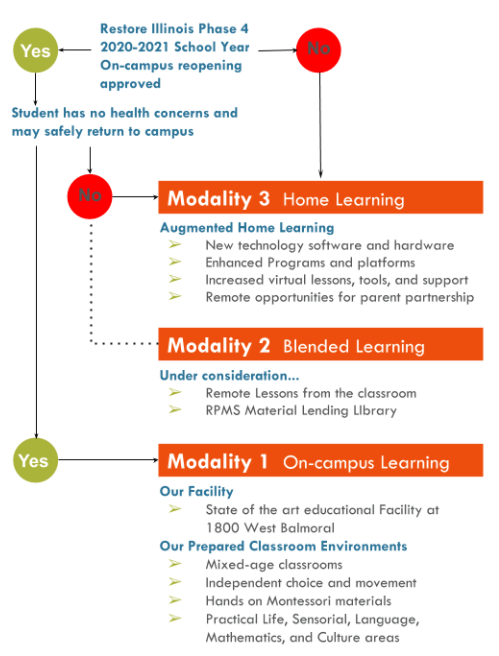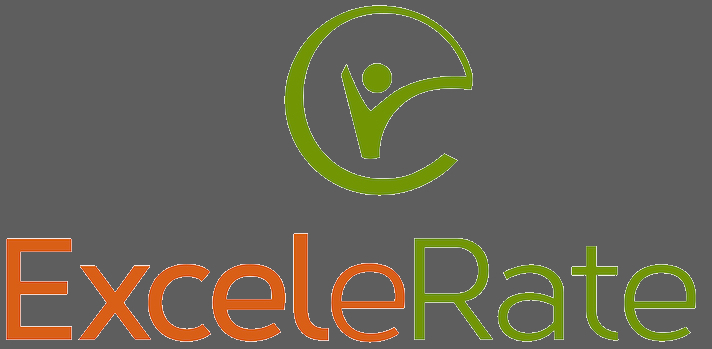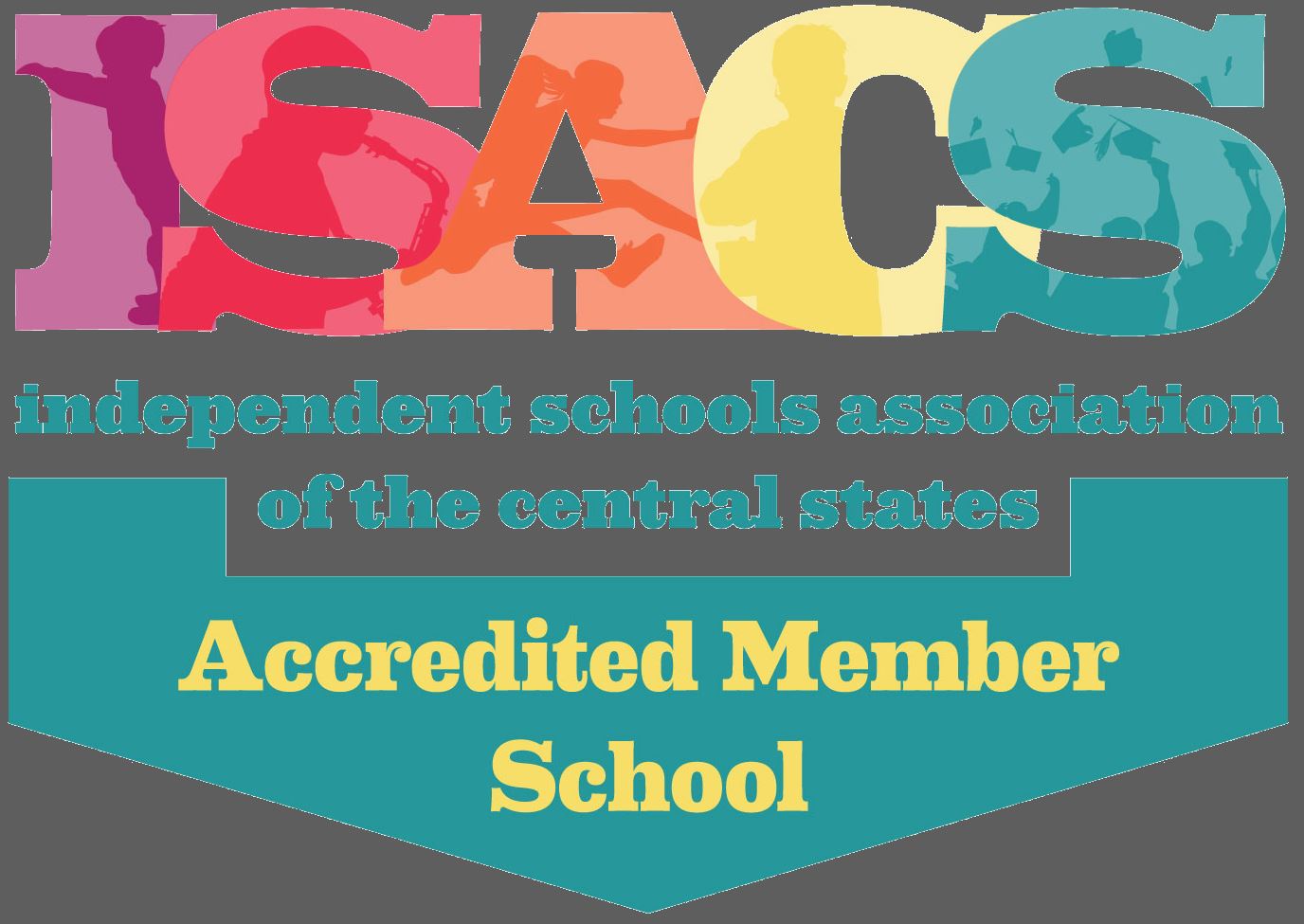Rogers Park Montessori Reopening Plan
"The child is capable of developing and giving us tangible proof of the possibility of a better humanity.”
- Maria Montessori
At Rogers Park Montessori School, we believe all children carry within themselves the adults they will become, and we envision a world where a child’s education allows that adult to emerge and grow. |
Mission | Using the Montessori philosophy of education, our school community inspires each child to reach their highest potential, as an individual and a learner, and to become a vital member of the global community. |
What Guides Us | We are guided by the progression of peace: within self, relationships, school, community, and ultimately, peace throughout the greater world. |
Guiding Principle For Reopening | As our community navigates the challenges posed by the ongoing COVID-19 pandemic, the health, safety, and best interests of our students, faculty, staff, and families will lead our decision-making. More than 50 years of unfailing respect for children’s development and the expertise of our highly trained educators will enable us to make mission-appropriate programming accommodations during this time. Our financial choices will reflect our prioritization of the health, safety, and best interests of our community while promoting the long-term sustainability of the school. Together, these guiding principles will allow us to continue fulfilling our mission. |
Process for Reopening our Campus |
Since March, the RPMS Administration, Faculty, and Board of Trustees have been working together on behalf of our community, while exercising an abundance of caution. We are guided by the recommendations of health agencies, our regional independent school collectives, and an advisory group of RPMS parent health care professionals who practice in a variety of medical and mental health fields, to form our new Medical Advisory Board. We have an obligation to our colleagues, our neighbors, and our city to take all reasonable and responsible steps to do our part in ensuring each other’s safety and wellness. The health and safety of our community is our highest priority, and we will continue to do everything we can to protect one another.
Belonging to a community is essential for social and emotional well-being. Even though the way we come together, learn and share may change, RPMS is dedicated to ensuring our values as well as a joy and thirst for discovery, self-reliance, empathy and compassion, and pride in academic achievement. Just as we were able to celebrate the end of the year accomplishments of our students in all programs, all returning and new students will continue to enjoy many of the RPMS traditions next year -- in a safe and responsible way.
As we created this RPMS Reopening Plan, teams strategized and planned all aspects of reopening our campus. We brought together the RPMS Health and Safety Task Force, designed to research and implement the elements required to protect the health and safety of the entire Rogers Park Montessori School (RPMS) community - students, families, faculty, staff, and visitors. It was developed with guidance issued by the Centers for Disease Control and Prevention (CDC) and Illinois Department of Public Health (IDPH).
In addition, RPMS has received guidance from professional organizations, peer schools, the National Association of Independent Schools (NAIS), the Independent School Association of Central States (ISACS), the National Business Officers Association (NBOA), the Lake Michigan Association of Independent Schools (LMAIS), and the American Montessori Society (AMS).
The goal of this plan is to guide a safe reopening of our school building. This plan reflects our current knowledge and will be updated as new information is made available and further decisions are made. RPMS will send out communication updates every two weeks throughout the summer related to health and safety protocols, community health, on-campus learning, home learning, and status of our reopening plans to keep the community informed.
The RPMS Health & Safety Task Force has developed guidelines to allow for a safe start of the 2020-2021 school year for in-person, on-campus learning during this unprecedented time. As we continue our work navigating the COVID-19 pandemic, we thank you for your partnership. We appreciate the trust you have shown RPMS in the education and support of your children. We invite you to reach out if you have questions, concerns, or suggestions.
As we move forward together, I am reminded of this quote from Dr. Montessori:
Dr Montessori said, "This is education, understood as a help to life; an education from birth, which feeds a peaceful revolution and unites all in a common aim, attracting them as to a single centre. Mothers, fathers, politicians: all must combine in their respect and help for this delicate work of formation, which the little child carries on in the depth of a profound psychological mystery, under the tutelage of an inner guide. This is the bright new hope for mankind.”
Get outside, be kind to one another, and keep learning.
In Peace,
Ben Blair
Principal
Contact InformationRogers Park Montessori School Ben Blair, Principal Lawrence DiStasi, Director of Finance and Operations |
Central Planning GroupBen Blair, Larry DiStasi, Lori Morlock, Liz Shanahan
Auxiliary ServicesJoan Costa, Larry DiStasi, Nick Lepine, Laura McCoskey, Rose Selker
Community CommunicationsBen Blair, Laura McCoskey, Ann Scholhamer
Educational ProgramBen Blair, Geordie Jones, Kristen Mark, Liz Shanahan, Lila Yusen
Employee RelationsBen Blair, Larry DiStasi, Geordie Jones, Kathy Lunsky, Kristen Mark, Liz Shanahan
Enrollment and MarketingJulie Einstein, Ann Scholhamer, Liz Shanahan
| FinancialBen Blair, Larry DiStasi, Paul Herbert, Lori Morlock
Health & SafetyBen Blair, Nick Lepine, Laura McCoskey
Operations and FacilitiesLarry DiStasi, Kyle McCoskey, Laura McCoskey
Student WellnessGeordie Jones, Kristen Mark, Liz Shanahan
TechnologyLarry DiStasi, Laura McCoskey, Christine Medina, Ann Scholhamer
|
What conditions would allow RPMS to open in-person, on-campus learning?Rogers Park Montessori School will follow the latest versions of all Center for Disease Control (CDD), Illinois Department of Public Health (IDPH) and Chicago Department of Public Health (CDPH) guidelines for reopening and retaining in-person, on-campus learning before and during the 2020-2021 school year. These include but are not limited to:
Please note: The CDC regularly shares information and provides assistance to state, local, territorial, and tribal health authorities. Our state and local authorities are responsible for making decisions including “stay at home” or “shelter in place”, what is included in these orders, and how they are implemented. These decisions may also depend on many factors such as how the virus is spreading in Chicago. What conditions would cause RPMS to close facilities and move to a remote Home Learning situation for our students?RPMS will transition to remote Home Learning if mandated by the Governor or recommended by the CDC or IDPH. This may occur due to rates of infection or hospitalization and capacity, as well as any other statistics that change the Phase of Reopening Status. This may include situations where some programs we offer move to remote Home Learning, while other programs are allowed to remain safely open under the guidance of the RPMS Health & Safety Task Force and Medical Advisory Board. What happens if/when there is a confirmed COVID-19 case within the school community?Protocols for communication and actions have been guided based on the CDC, IDPH, and advised by the Health & Safety Task Force. If or when there is a confirmed case of COVID-19 within our school community (including faculty, staff, students, or individuals’ household members) our first call will be to the Department of Health for direction. RPMS will follow all CDC and IDPH protocols. These protocols will include:
|
June-August
Mid July
Late July
August
Late August
Early September
|
Learning Modality 1: On-campus LearningOur classroom and campus prepared environments reopen for in-person learning Prioritizing the health and safety of our students, faculty and staff, RPMS has forecasted preparations for the return to On-campus Learning. Preparing the Environment RPMS will continue to refine reopening plans in the coming weeks to best ensure the health and safety of all our community members. Our reopening and the effect on our educational plans will continue to evolve as guidance is issued and information is received from the CDC and IDPH. Utilizing our resources safely and effectively
Maintaining constant protocols for healthy and safety
Maintaining our Educational Practices and Focus on Well-Being
Learning Modality 2: Blended LearningStudents return to On-campus Learning and possible remote Home Learning RPMS recognizes that even with a return to full On-campus Learning, there are situations that may require a return to remote Home Learning. Acknowledging that, the Educational Programming Task Force is considering a blended or hybrid model, looking at a variety of offerings for both in-person On-campus Learning and Home Learning experiences to maintain the integrity of our programs and support the well-being of all of our community members. Harmonizing concepts
Learning Modality 3: Home LearningAll students shift to Off-campus Home Learning due a mandated shutdown by the state or local health departments. The Health & Safety Task Force has been evaluating, enhancing, and improving our home learning and teaching experience. Due to the unpredictability of COVID-19, if RPMS is required to keep our physical campus closed, the “Home Learning” model will apply. Our Home Learning programming will utilize up-to-date cloud-based technology that supports our Montessori philosophy to the best of our ability. Enhancing existing Home Learning
|
These Reopening guidelines have been carefully considered to promote the physical and emotional well-being of our entire RPMS community. Updates will follow as we receive new information from the CDC, IDPH, other partners and constituents, including DCFS CDC Guidance on Caring for Infants and Toddlers. practices, process, and procedures to protect the health and safety of our community fall into three main categories: Safeguard & ProtectFace coverings Face coverings are meant to protect other people in case the wearer is unknowingly infected and may not have symptoms. Every adult should wear a face covering, with the exception of those having trouble breathing, or is unconscious, incapacitated or otherwise unable to remove the face covering without assistance. All students, faculty and staff should arrive at school with a face covering. RPMS will provide face coverings to anyone who does not have one upon arrival. Students must wear face coverings while inside, and while they are outside if they are unable to maintain social distancing. Students will be required to wear face coverings when:
Faculty and Staff will be required to wear face coverings when:
Visitors will be required to wear face coverings when:
Health and Temperature Screening ProtocolHome Based Pre-Screenings
Families are attesting that their students are illness/symptom free by arriving on campus and by answering NO to all of the following:
All students, faculty and staff who meet any of the criteria below will be denied entry:
Campus Based Temperature Screenings
All students, faculty and staff are expected to follow the sick policy when experiencing signs or symptoms of COVID-19 and MUST follow up with a medical provider. All students, faculty and staff are expected to stay home if they are exhibiting any signs of illness. If symptoms arise during the school day, the individual will be sent home promptly. Social DistancePhysical Distancing Strategies RPMS will implement the following strategies for mitigating the spread of COVID-19 within our community. We anticipate that for our youngest students it will be difficult to distance themselves from other children or adults while at school. Young children learn by engaging with their environment, which includes the other people in it. However, RPMS will employ the following strategies for limiting the spread of COVID-19 within our communities. All RPMS faculty, staff and students will practice social distancing:
All visitors will be asked to practice social distancing when on campus
Signage regarding signs and symptoms of COVID-19, proper handwashing, respiratory etiquette and how to properly wear a face covering will be placed around the campus. Clean and DisinfectHealthy Hand Hygiene Hand Washing As Montessorians we know that proper and consistent hand washing can keep you healthy and prevent the spread of infections from one person to the next. Students will continue their practical life skills and engage in frequent hand hygiene which include but are not limited to:
All supplies will be provided for proper hand hygiene (soap, paper towels, hand sanitizer, disinfecting wipes and spray). Hand sanitizer stations will be placed throughout the campus. Pump hand sanitizer will be in every classroom and work area to be used by faculty, staff, and students. All visitors will be asked to practice social distancing when on campus
Signage regarding signs and symptoms of COVID-19, proper handwashing, respiratory etiquette and how to properly wear a face covering will be placed around the campus. Hand Sanitizer When You Can’t Use Soap and Water Washing hands with soap and water is the best way to get rid of germs in most situations. If soap and water are not readily available, you can use an alcohol-based hand sanitizer that contains at least 60% alcohol. Standard Cleaning Processes RPMS follows the national standards for cleaning, sanitizing and disinfection of prepared environments for all students, faculty and staff provided by Lake City Janitorial. It also adheres to all cleaning and sanitization best practices and has a detailed plan for each community, including staff responsibilities, in the Cleaning and Sanitization binder.
Standard Sanitizing Procedures All materials and supplies used in our prepared environment will be wiped down with disinfecting wipes by the students or staff at the end of each use. All disinfectant is approved by the CDC for fighting COVID and meets EPA standards for child safety and as a green solution.
Disinfecting Procedures Process if an infected person (staff or child) has been in a school building Close off areas used by the individuals with COVID-19 and wait 24 hours before beginning cleaning and disinfection to minimize the potential for exposure to respiratory droplets. Open outside doors and windows to increase air circulation in the area. Staff will clean and disinfect all areas used by the ill persons, focusing especially on frequently touched surfaces. Staff must follow CDC and/or IDPH guidelines and recommendations for cleaning and disinfecting. Meal Cleanup RPMS will not serve family-style snacks or meals. Each child will bring their own lunch from home. Lunch and cleaning protocols and practices will be supervised by RPMS faculty and staff
|
Unless mandated by the State, or otherwise advised by health officials, Rogers Park Montessori School will remain open for in-person, on-campus learning. RPMS will follow all CDC and IDPH guidelines and protocols to send infected or exposed individual(s) home and follow all protocols for closing and sanitizing any at-risk areas of the school. The Illinois Department of Public Health (IDPH) will guide decisions regarding closure of a classroom, an office, or the school.
The RPMS Health & Safety Task Force and Facility & Operations Task Force will continually monitor the COVID-19 pandemic reports, statistics, guidelines, and restrictions at all levels of our government. They will also ensure that we are always meeting or exceeding the guidelines for On-campus Learning, and appropriately carrying out all safety protocols.
This Reopening Plan is based on the most recent information as of July 1, 2020. Any updates or changes will be published as they become available. Communications regarding the work of the Health and Safety Task Force and Reopening Plan will be offered to families every two weeks or when any updates need to be shared. Updates will be sent via email and/or posted to the RPMS website. |




